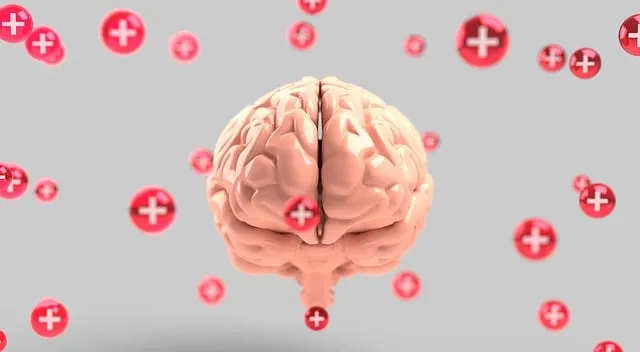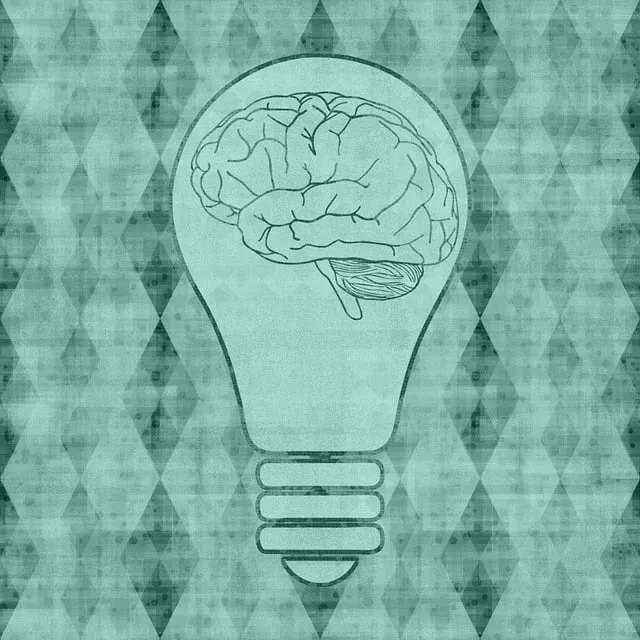Kaiser Permanente in Greenwood Village offers a holistic mental health service, emphasizing self-assessment tools for provider well-being and burnout prevention. These tools, integrating cultural sensitivity and positive thinking exercises, should be accessible via online platforms with continuous updates based on user feedback and research. By fostering open dialogue, reducing stigma, and empowering self-management, Kaiser's model can enhance mental wellness outcomes in diverse communities.
Mental wellness self-assessment tools play a crucial role in empowering individuals to take charge of their mental health. This article explores the development of such tools, focusing on understanding the growing need for accessible and effective resources. We conduct a case study on Kaiser’s mental health services in Greenwood Village, analyzing best practices and existing tools. Additionally, we provide insights into designing, implementing, and improving these assessments to enhance mental wellness support.
By examining these aspects, this guide aims to contribute to the advancement of mental health care through self-assessment technology.
- Understanding the Need for Self-Assessment Tools in Mental Health Care
- Examining Best Practices and Existing Resources: A Case Study of Kaiser's Services
- Designing Effective Self-Assessment Tools for Mental Wellness
- Implementation, Accessibility, and Continuous Improvement Strategies
Understanding the Need for Self-Assessment Tools in Mental Health Care

In today’s fast-paced and demanding healthcare landscape, the importance of self-assessment tools in mental health care cannot be overstated. Facilities like Kaiser offer comprehensive mental health services in Greenwood Village, catering to a diverse range of patients. However, with increasing caseloads and high-stress environments, healthcare providers face challenges that can contribute to burnout. This is where self-assessment tools prove invaluable; they empower professionals to proactively monitor their mental wellness, identify potential issues early on, and implement effective coping mechanisms.
By integrating these tools into routine practice, mental health care providers can enhance not only their own well-being but also the quality of services they deliver. Self-assessments contribute to a culture of public awareness campaigns development around mental health, fostering an environment that encourages open dialogue and discourages stigma. Moreover, understanding one’s mental state through self-assessment aligns with the mind over matter principles, emphasizing the power of individual agency in maintaining and improving overall mental wellness—a crucial aspect of burnout prevention strategies for healthcare providers.
Examining Best Practices and Existing Resources: A Case Study of Kaiser's Services

When examining best practices for mental wellness self-assessment tools development, a thorough look at existing resources offered by leading healthcare providers like Kaiser is instructive. Kaiser Permanente, notably its services in Greenwood Village, stands out for its holistic approach to mental health care. Beyond providing direct therapy and medication management, Kaiser incorporates innovative strategies such as Social Skills Training and Emotional Intelligence workshops into their programming. This multi-faceted model demonstrates a commitment to empowering individuals with the skills and knowledge needed to self-manage their mental wellness effectively.
By analyzing Kaiser’s services, we gain valuable insights for developing impactful self-assessment tools. Their comprehensive Mental Health Policy Analysis and Advocacy efforts also highlight the importance of addressing broader systemic factors that influence mental health. Adopting a similar analytical lens can ensure that self-assessment tools not only measure individual symptoms but also consider cultural, socioeconomic, and community influences on mental wellness, ultimately fostering more inclusive and effective interventions.
Designing Effective Self-Assessment Tools for Mental Wellness

Designing effective self-assessment tools for mental wellness requires a nuanced approach that incorporates both scientific rigor and human empathy. Tools like those offered by Kaiser in Greenwood Village, known for their comprehensive mental health services, should be developed with cultural sensitivity in mind. Understanding the diverse psychological landscapes of different communities is paramount to ensuring that assessments are accessible, non-judgmental, and inclusive.
For instance, incorporating strategies for empathy building can enhance self-assessment accuracy by fostering open communication. By encouraging users to express their experiences and feelings without fear of stigma, these tools can capture nuances related to stress, anxiety, or depression. Moreover, integrating positive thinking exercises into the assessment process not only promotes mental well-being but also helps individuals develop coping mechanisms, ultimately empowering them in their journey towards better mental health, much like Kaiser’s services aim to do in Greenwood Village and beyond.
Implementation, Accessibility, and Continuous Improvement Strategies

The successful implementation of mental wellness self-assessment tools requires a multi-faceted approach. One key strategy is ensuring accessibility for all individuals who might benefit from them, regardless of their background or current circumstances. This involves designing user-friendly interfaces that can be easily navigated on various devices, including those with limited internet access. For instance, organizations like Kaiser, known for offering comprehensive mental health services in Greenwood Village, could make these tools available through secure online platforms as well as mobile applications, expanding their reach.
Continuous improvement is another vital aspect. Regular updates based on user feedback and the latest research in mental health education programs design can enhance the tool’s effectiveness. Additionally, integrating positive thinking techniques within the assessment process can help users gain valuable insights into their mental wellness and equip them with strategies to manage stress and promote overall well-being. Encouraging ongoing engagement through follow-up sessions or personalized recommendations further strengthens the impact of these tools.
Mental wellness self-assessment tools play a pivotal role in enhancing access to mental healthcare. By examining best practices from organizations like Kaiser, which offers comprehensive mental health services in Greenwood Village and beyond, we can design effective tools that empower individuals to proactively manage their mental well-being. Implementing these tools with a focus on accessibility and continuous improvement ensures a more holistic and inclusive approach to mental health support. This strategy not only benefits individuals but also contributes to a healthier society as a whole.






